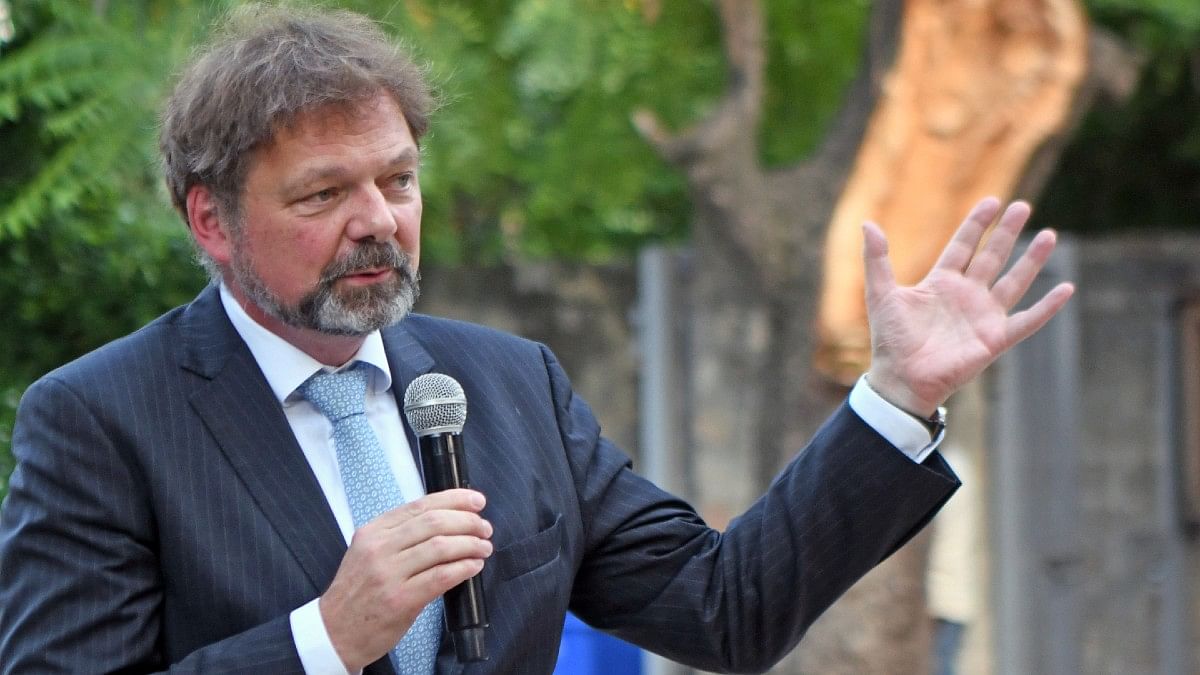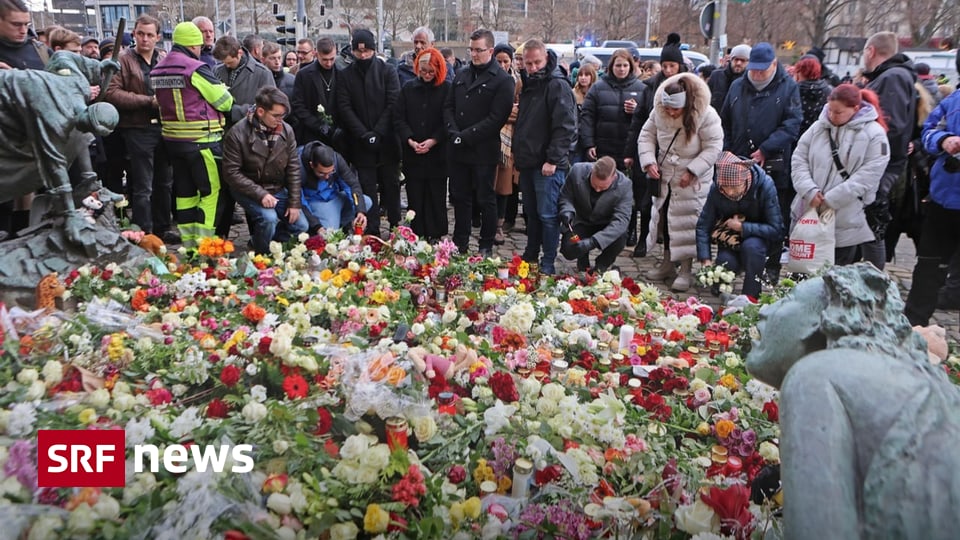Infra
Public infra funding, aiding third countries are key areas of Indo-German ties, says envoy Ackermann

New Delhi: Germany has committed nearly EUR 2.6 billion since 2022 as a part of the Indo-German Partnership for Green and Sustainable Development (GSDP), out of the promised EUR 10 billion by 2030, German ambassador to India Philipp Ackermann has told ThePrint.
Berlin has invested in a myriad of projects including green energy transitions, public transport, waste management systems and agroecology in India, he added.
“The three main areas of our engagement — one is change from fossil fuels to renewable fuels, let us say an energy provider in Rajasthan, an example for changing the energy mix towards a more sustainable and a more non-fossil driven energy mix,” the envoy said.
He added: “The second area is smart cities initiatives, waste management and also public transport. The metro of Ahmedabad, the metro system in Mumbai, in Bengaluru, they get tranches of credit lines to expand their areas [of operation] in the cities. The third very important project is dealing with natural resources, preserving nature and working with farmers.”
The Indo-German Partnership for Green and Sustainable Development was launched on 2 May 2022 by Prime Minister Narendra Modi and German Chancellor Olaf Scholz, as a joint commitment in achieving the United Nations Sustainable Development Goals by 2030. The areas of cooperation include green energy transition, sustainable cities and addressing climate change.
Scholz is also expected to visit India after the Indian and European Union parliamentary elections, for the next round of intergovernmental consultations.
Also Read: ‘Undermining our judiciary’: India protests Germany’s remarks on Kejriwal arrest, summons envoy
‘Public transport — a sector in need of credit lines’
Ackermann said that the major investments from the government of Germany till 2030 would be in public transportation and renewable energy. As per its commitment, Berlin is set to invest EUR 10 billion by 2030.
“There is always a huge need for public infrastructure projects. This is the biggest credit line worth almost EUR 500 million. As you know India is heavily investing in public infrastructure and also public transport. There I see a huge need for these very favourable credit lines. I would say this may be where most of the money goes,” he added.
As a part of the project, the Indian and German governments are also working together on triangular cooperation projects, with an aim to promote sustainable development in third countries across Africa, Asia and South America, Ackermann highlighted.
“This very specific triangular cooperation is more of a trilateral cooperation — where we with knowhow from both sides [India and Germany] come together and try to figure out how to help in a very concrete and practical way the farming community — mostly its about agriculture — in the third countries,” the ambassador said.
He added that these projects may not be very big but are focused on tangible outcomes in countries like Peru, Malawi, Ghana, Benin and Cameroon.
Ackermann emphasised that triangular cooperation within the GSDP is between India, Germany and another country and not through multilateral fora like the International Solar Alliance (ISA) of which Germany is a member.
(Edited by Gitanjali Das)
Also Read: ‘…why should we not go to Srinagar?’ German envoy Philipp Ackermann on attending G20 tourism meet










